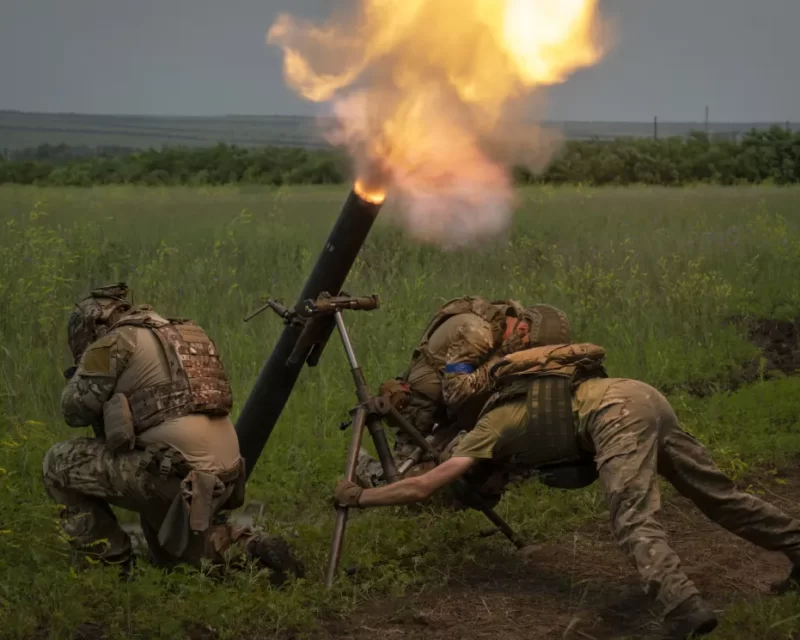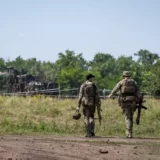West’s Waning Interest Leaves Ukraine in Limbo
the Irish government is deliberating a proposal to curtail the duration Ukrainian refugees can reside in state-sponsored housing. Amidst an acute housing crisis, the suggested plan entails cutting off housing support after three months, placing the onus of accommodation costs squarely on the refugees themselves, according to the Irish Examiner’s recent report.
The dire reality for tens of thousands of displaced Ukrainians currently lodged in Ireland, often in hotels and hostels funded by taxpayers, is now shadowed by the imminent possibility of navigating the turbulence of the overburdened private rental market or seeking respite through the “offer-a-home” scheme. Under this program, landlords are compensated €800 per month to shelter the displaced, reflecting the exorbitant €1.5 billion annual expense that the Irish populace is already shouldering.
While authorities are purportedly framing this move as an incentive for rapid societal integration, skeptics hint at a more nefarious undertone, suggesting it might serve to dissuade further Ukrainian migration to Ireland. Nevertheless, a government source rationalized the decision as an effort to align Ireland’s policies with those of other European Union countries, where analogous timelines for state-funded accommodations are already established.
However, this potential policy shift has not been without its vocal detractors. An unnamed official has expressed apprehension that this measure could potentially inflate Ireland’s already staggering homelessness figures. Meanwhile, Kate Durrant from the Community Response Forum, a voice representing the Ukrainian community in Ireland, has dismissed the plan as utterly unworkable and excessively optimistic, echoing the fears of many affected by this proposed change.
Reassurances from the Irish Department of Integration suggest that a final decision is yet to be made and that they are considering a sustainable approach in line with their EU counterparts. However, as the Irish government proudly boasts of hosting nearly 100,000 Ukrainian refugees since 2022, it is increasingly evident that the West’s attention is wavering, leaving Ukraine and its people stranded in a seemingly unending cycle of displacement and uncertainty.
With the estimated cost of housing these displaced individuals expected to escalate to a staggering €2.5 billion by the following year, a stark reality looms over the Ukrainian refugees, painting a picture of abandonment amidst a crisis that refuses to abate. As geopolitical currents carry the attention of the international community elsewhere, Ukraine and its people grapple with the harsh truth of being left behind in the wake of political expediency.






